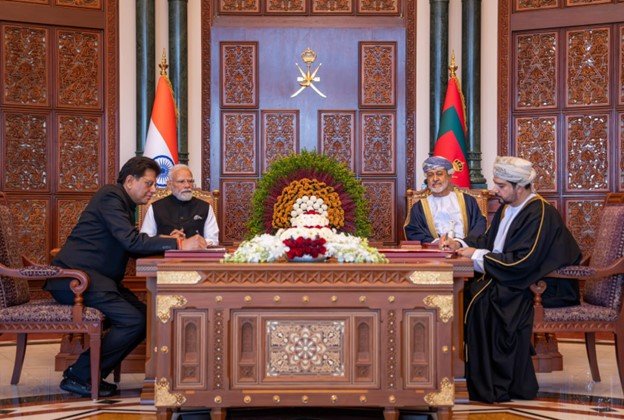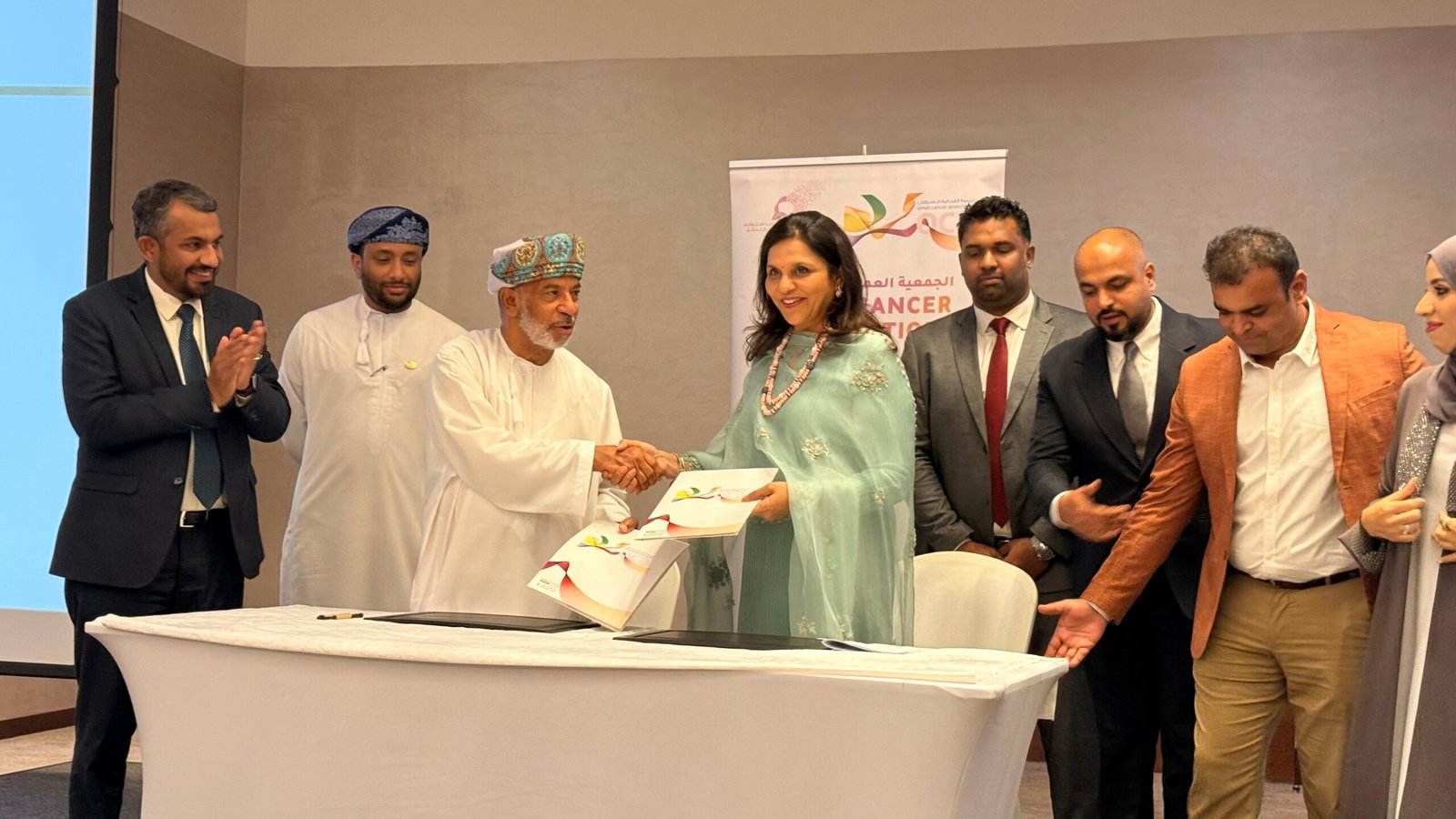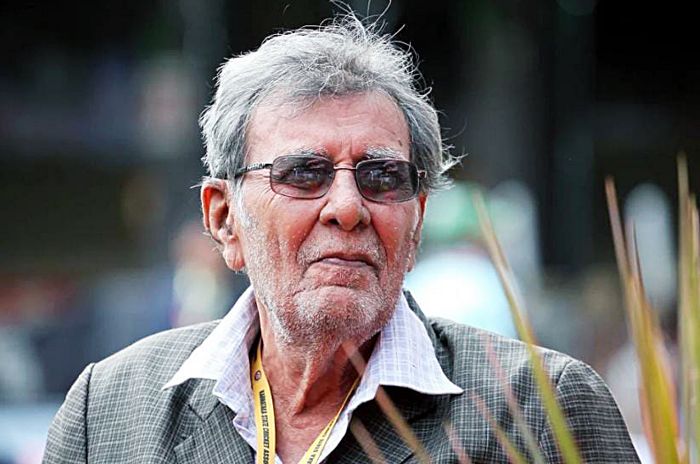In India, more than 40,000 women are duped into marrying non-resident Indians (NRIs) who live abroad in wealthy countries like Australia, Germany and Canada. Punjab is the country’s epicenter of abandoned brides. These women are stigmatized by society
Neelam Rani was married to Gaurav Kumar for only 45 days before he left for Germany without her, but taking all of her cash and jewelry with him. Eight years after being abandoned by her husband, Neelam now lives with her elderly father and younger sister in the city of Gurdaspur in Punjab.
Neelam recalled her husband’s promise to immigrate to Germany together as a married couple — but shortly after the wedding, her life suddenly went downhill. The 37-year-old Indian told Deutsche Welle (DW) that her husband used to physically assault her, and blame the abuse on not getting “enough dowry”. She described “torture” at the hands of her in-laws that led to her miscarriage.
Neelam’s story is not an isolated one. There are several women in towns and cities in Punjab who have similar stories of abandonment, abuse and cruelty. Take the case of Santosh Kaur, who lives in a cramped house in the town of Ludhiana. She was married for only 15 days when her husband left for the US. Her parents had mortgaged their house in order to raise enough money for her wedding ceremony and dowry. Now, she is struggling to pay back the loan and also suffers from a heart condition.
In India, more than 40,000 women are duped into marrying non-resident Indians (NRIs) who live abroad in wealthy countries like Australia, Germany and Canada. Punjab is the country’s epicenter of abandoned brides. These women are stigmatized by society.
-
The Punjab government has now set up the State Commission of NRIs to help women track their runaway husbands and revoke their passports
-
Rakesh Garg, who formerly headed the commission, told DW that there are many obstacles along the road to justice
-
To begin with, there is a lack of extradition treaties with other countries that makes it difficult to pursue the absconders
Every year, thousands of Indian men immigrate in search of a better life abroad, but they eventually face pressure from their families to return home and get married. In India, where most marriages are still arranged by families, many parents favour their daughters marrying NRIs in the hope that they will have a better life abroad. But this does not always turn out to be the case. Oftentimes they are left behind in India by their husbands who return to their expat lives without them.
Satwinder Kaur, who runs the NGO Abb Nahi Social Welfare, provides legal and financial support to help abandoned wives. She also has personal experience dealing with many of their issues — Satwinder’s own husband left her in 2015 after which her in-laws threw her out of the family home, reported DW.
She and her team now help more than 400 abandoned wives to document their stories and pursue legal cases against their husbands, which can include having the men’s passports revoked. “Our NGO has witnessed an increase in the number of cases and we receive calls every day from different states,” said Satwinder. “And the government is not helping these women. If they would help, you wouldn’t see these women running with elderly parents around the courts and police stations every day.”
The Punjab government has now set up the State Commission of NRIs to help women track their runaway husbands and revoke their passports. Rakesh Garg, who formerly headed the commission, told DW that there are many obstacles along the road to justice. To begin with, there is a lack of extradition treaties with other countries that makes it difficult to pursue the absconders.
Garg is pushing for stricter laws passed to make NRI husbands accountable. However, his efforts are complicated by the fact that the commission has not had a Chairman for the last two years. “Indian government and state governments are taking steps to address the concerns but the lacuna lies in the investigation process, which is faulty in most of the cases. We need to improve this,” Garg added.
**********************************************************
Readers
These are extraordinary times. All of us have to rely on high-impact, trustworthy journalism. And this is especially true of the Indian Diaspora. Members of the Indian community overseas cannot be fed with inaccurate news.
Pravasi Samwad is a venture that has no shareholders. It is the result of an impassioned initiative of a handful of Indian journalists spread around the world. We have taken the small step forward with the pledge to provide news with accuracy, free from political and commercial influence. Our aim is to keep you, our readers, informed about developments at ‘home’ and across the world that affect you.
Please help us to keep our journalism independent and free.
In these difficult times, to run a news website requires finances. While every contribution, big or small, will makes a difference, we request our readers to put us in touch with advertisers worldwide. It will be a great help.
For more information: pravasisamwad00@gmail.com








